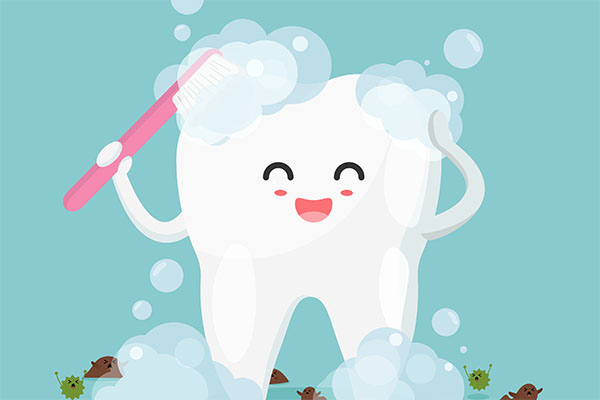 Visiting the dental office for checkups and dental cleaning can be inconvenient. However, cleaning appointments are an important investment. Read on to learn about why dental cleanings are necessary. It can be useful to know why teeth cleanings are important for those who do not think much about the cleaning process. The dental professional can clean stains and tartar from hard-to-reach areas during the procedure.
Visiting the dental office for checkups and dental cleaning can be inconvenient. However, cleaning appointments are an important investment. Read on to learn about why dental cleanings are necessary. It can be useful to know why teeth cleanings are important for those who do not think much about the cleaning process. The dental professional can clean stains and tartar from hard-to-reach areas during the procedure.
Why professional dental cleaning is necessary
Dental practitioners utilize advanced instruments and devices to protect patients' oral health. During regular cleanings, powered brushes, scalers, and fluoride treatments are just some of the tools used to keep the teeth clean and healthy. Here are some of the reasons for getting a dental cleaning:
Physical oral examination
The dentist will do a physical examination of the oral cavity at the start of the dental cleaning to search for any indication of gum disease and cavities. Cavities may appear as a black or brown mark, a minor crack, or a hole in the teeth. This exam may then be followed by gum screening to determine whether a gum condition such as gingivitis is present. Gum swelling and sensitivity may occur due to gingivitis. Early detection and treatment help stop these conditions from wreaking havoc on the teeth.
Plaque and tartar removal
Plaque is a sticky bacterial film that develops in the mouth after consuming most foods, particularly sugars and starches. The acids produced by plaques can damage the teeth as they erode tooth enamel over time, increasing the risk of decay and other problems. The plaque will harden into tartar and lead to gum disease if it is not cleaned off.
Brushing alone will not get rid of hardened plaque or tartar. The plaque will continue to form on top of the tartar, and the gums will get irritated due to the extra buildup. It can also contribute to gum disease in the long run, making visiting the dentist for dental cleaning necessary.
A dentist can remove tartar between the teeth, which is important for preventing other oral health issues. Multiple studies have linked oral health to general wellbeing, so it is advisable to take cleaning and checkup appointments seriously. Patients who tend to react unpleasantly to dental cleanings can talk to the dentist about using ultrasonic cleaning, which uses pulses and water to break up tartar.
Final touches
After removing the plaque, stains, and tartar, the dentist can scrub the debris away with a waterjet device. The extra water and waste in the mouth are eliminated using a suction wand. The dentist may then suggest polishing the teeth with textured toothpaste. Thorough flossing marks the end of the cleaning process.
The bottom line
Preventive care steps like dental cleanings are important for a healthy mouth. They also save you from incurring additional costs for treating oral health issues like gum disease and cavities. If you have not had a professional cleaning in a while, you should book an appointment. Contact our dental office today to get started.
Request an appointment or call Shari L. Hyder, DMD at 856-626-5047 for an appointment in our Oaklyn office.
Related Posts
Many are familiar with the oral health benefits of a dental cleaning, which ultimately reduce the risk of the most common types of gum and teeth issues. However, although not the primary goal of dental cleaning, there are generally cosmetic benefits of regular dental cleaning as well.The cosmetic benefits of a dental cleaning include a…
Getting professional dental cleaning is recommended to protect the teeth from cavities, gum disease, and other issues. Read on to learn more about the importance of dental cleanings. Almost everyone knows brushing their teeth is important for reducing the likelihood of oral issues. However, following these routines alone is not sufficient to protect your oral…
Regular dental cleaning is a small effort with a payoff that can last a lifetime. This may sound like a bold claim, except that it happens to be true. Read on to learn why routine dental visits are good for your oral health.Routine dental checkups come in two parts. The first half consists of a…
